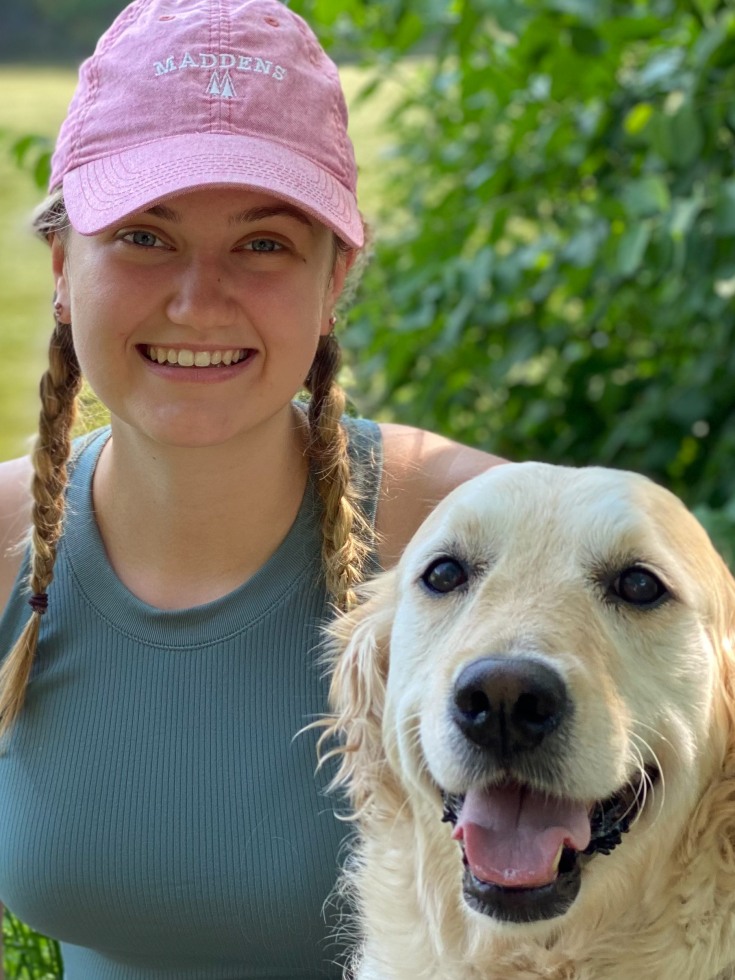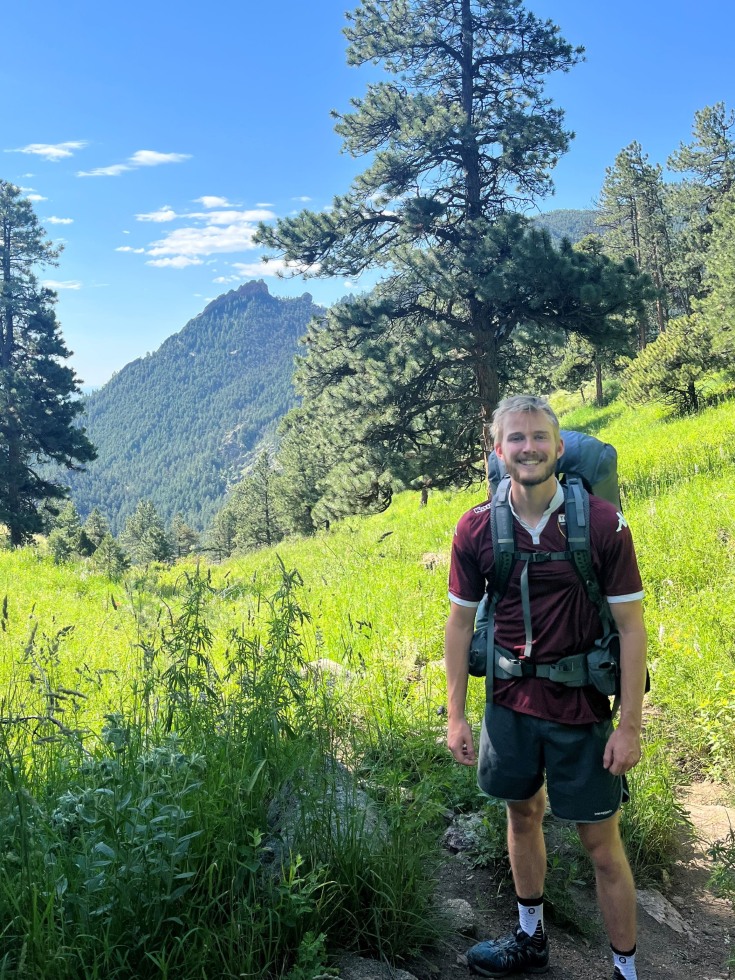Research Experience at Brown
Research Experience at Brown
Finding a Research Opportunity
How fellow students reached out and sought their research opportunities
Finding a Research Opportunity
Useful resources to get students start with their research journey
Whether you are a first-year student starting college life, or a sophomore that just declared a biology concentration, there are ways to explore and find research opportunities.
View Research Roadmap
"I joined the Brown Research Club and went to one of their seminars in order to learn about how to get involved in research. I made a list of all the labs I was interested in, and the lab I am currently in was the one that responded to me, and luckily it was a good fit."

"Don't be afraid to cold-email researchers at Brown and don't be intimidated by others' who are coming in with lots of research experience already. Many faculty are welcoming and will assume that you are coming in with no research experience. A good lab environment will be one that uses their resources and time to train you in the skills you'll need to be successful at the bench."

"I took a biology course that had a research-based component. This allowed me to gain some experience in conservation research skills that were relevant to the lab I was interested in. After completing the course, I saw a UTRA opportunity in the lab. I applied for this and also reached out to the professor about simply volunteering in the lab."
Research Experience
Challenges that students encountered during their research, and lessons & skills that they have gained through the research experience
The Research Experience
Research experience in different perspectives
"One of the challenges that can catch me off guard is when the code for our task or the recording software crashes or runs into issues. Since most of my experience with these software is within these current projects, it is an opportunity to practice my problem solving with code and computer software. Even if I need to ask a more experience lab member for help, it is important exposure to what could go wrong and how I can approach solutions."

"One challenge I have had is when my assay results did not match what I expected. I talked with my PI and thought about reasons why I might have seen these results. For example, I had conducted an ELISA, and the anti-cytokine autoantibodies that we were testing for had the highest optical density on the outer rows. My PI mentioned the possibility of an edge-effect, when there are differences in outer rows due to various factors such as temperature or pipetting. With this in mind, I changed my plate setup to account for this. The results were about the same, verifying that they were valid optical densities."
"I learned through this process that it is most important to find a research advisor who will support you and is invested in your success. The culture of the lab you enter is so important and the environment the PI creates is just as essential to your success as a researcher as the quality of the science."
Overall Advice
Advice offered to fellow undergraduates who are considering getting involved in research at Brown or elsewhere
"Make sure you are passionate about the research that you are doing! Don't do research just for the sake of doing research."
"I would advise students to take any opportunity they can get. I work in a biomedical engineering lab despite being a Biology major who dislikes physics and chemistry. While learning these topics in class can be difficult, applying them is so rewarding and interesting. While it is important to research something you like, do not limit yourself by your preconceived ideas about certain subject."
"You don't always have to go the classic, join a lab, do unpaid work for several semesters, and then do a thesis that continues the professor's work. There is a whole world of research, and you as a Brown undergraduate have what it takes to get outside funding and pursue your interests. Beyond that, a researcher is anyone with a question about the world. Research is not just some obligatory step in the path to grad school, or med school; it's a way of adding your contribution to a topic you're passionate about. That can come from multiple backgrounds."
